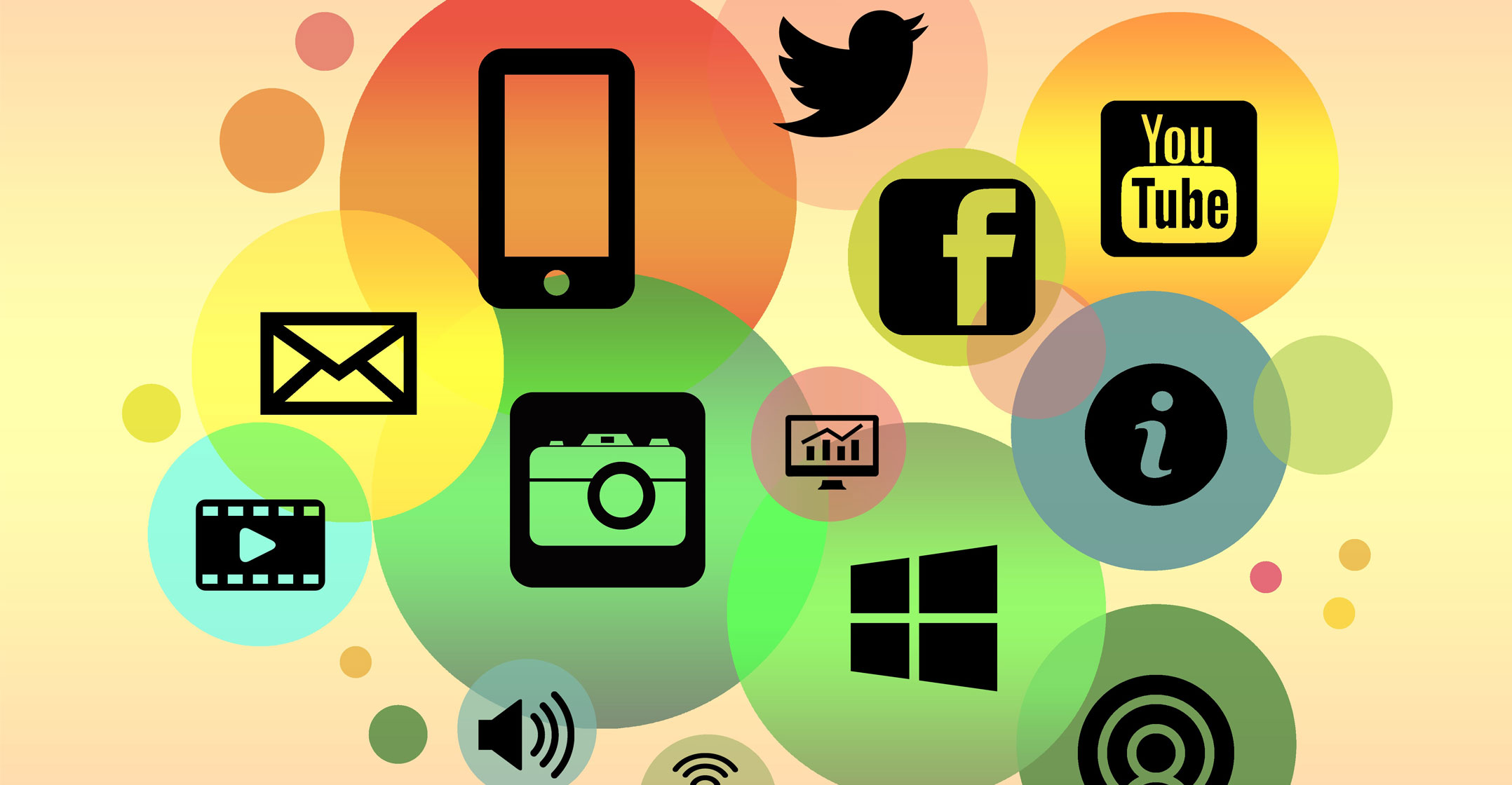 Internet-enabled industry disruption defined business strategy in the 2010s, but as 2020 begins, that era appears to be winding down. The disruptors have largely become the new establishment, and unlike a decade ago, it doesn’t look like the new leaders will be displaced any time soon. Today’s Internet is a mature and mainstream technology.
Internet-enabled industry disruption defined business strategy in the 2010s, but as 2020 begins, that era appears to be winding down. The disruptors have largely become the new establishment, and unlike a decade ago, it doesn’t look like the new leaders will be displaced any time soon. Today’s Internet is a mature and mainstream technology.
This was not the case a decade ago. In 2009, multiple industries were in the midst of upheaval thanks to Internet-enabled transformations. The iPhone was only two years old. In the music industry, compact discs still represented a plurality of revenues, and most of the rest came from digital purchases. Streaming, whether of music or on Netflix, was still in its infancy. We were in the middle of the transition from print ads to digital ones; 2009 was the last year the newspaper industry had higher ad revenues than Google, and the last year Facebook’s revenues were less than US$1-billion. E-commerce was growing, but Sears and Kmart were still large retail chains. YouTube was known mostly for a handful of viral videos (Susan Boyle, anyone?).
Today, much has changed. The music industry has become the streaming industry, with compact discs and digital sales becoming less and less important; today’s industry growth is powered by subscriptions. Beginning a few years ago, total revenues have started to grow again after 15 years of declines. The competitive threats to the leader in music streaming, Spotify, come from well-financed competitors with similar offerings, like Apple Music and Amazon Music, rather than a brand-new technology. The music industry may have been the first to be threatened by Internet-related disruption in the late 1990s, with the growth of MP3 file sharing and Napster, and is now perhaps the first industry to have completed its transformation.
The advertising industry has been transformed by Google and Facebook. Early in the 2010s, there was a popular chart showing that online ad revenues represented a much smaller share of total ad revenues than Internet use represented for total time spent consumer content. The reverse was true for print media and print ads. Today that gap has closed. Print and radio now account for just 15% of total ad spend.
E-commerce
Perhaps no industry has been hurt more by the Internet this decade than physical retail. E-commerce has continued to gain market share. Many retailers have gone bankrupt. Malls keep closing. US retailers Sears and Kmart have closed hundreds of stores, and their parent company flirts with bankruptcy. Yet we’ve also seen that Walmart, Target and Costco are more formidable competitors than the retailers that have disappeared, and all three have stock prices near all-time highs. Top-tier malls have reinvented themselves by adding restaurants, apartments and hotels. E-commerce is starting to have its share of growing pains due to high customer acquisition costs as online ad rates have soared, and some online firms are finding that building their own stores makes good business sense. The future of shopping is more complex than just e-commerce crushing brick-and-mortar stores.
 As for video streaming, while it may succeed in killing the cable bundle, it’s not feeling as transformative as it did a few years ago. Subscribing to multiple streaming services can quickly cost more than the cable bundle did. We used to complain about scanning hundreds of pay-TV channels and finding nothing worth watching; today, we have the same frustrating experience while scrolling through Netflix struggling to find something to watch. After a few years of juggling multiple streaming services, we’ll probably throw up our hands and ask for someone to create a streaming bundle that ends up costing about as much as the pay-TV bundle did. The winners are likely to succeed by offering the best content with the most ease of use rather than coming up with a breakthrough new technology.
As for video streaming, while it may succeed in killing the cable bundle, it’s not feeling as transformative as it did a few years ago. Subscribing to multiple streaming services can quickly cost more than the cable bundle did. We used to complain about scanning hundreds of pay-TV channels and finding nothing worth watching; today, we have the same frustrating experience while scrolling through Netflix struggling to find something to watch. After a few years of juggling multiple streaming services, we’ll probably throw up our hands and ask for someone to create a streaming bundle that ends up costing about as much as the pay-TV bundle did. The winners are likely to succeed by offering the best content with the most ease of use rather than coming up with a breakthrough new technology.
Just because the Internet has matured doesn’t mean the next decade will lack for disruption. The energy and automobile industries feel the way that Internet-related industries did 10 or 15 years ago, with solar energy and electric vehicles likely to take significant market share from hydrocarbons and petrol-fuelled vehicles in the 2020s. But those impacts are likely to be more industry specific, and the business world at large may no longer look over its shoulder wondering if a new Internet-enabled technology might destroy its company overnight. — By Conor Sen, (c) 2020 Bloomberg LP

